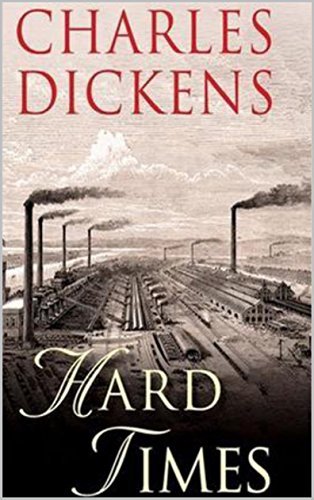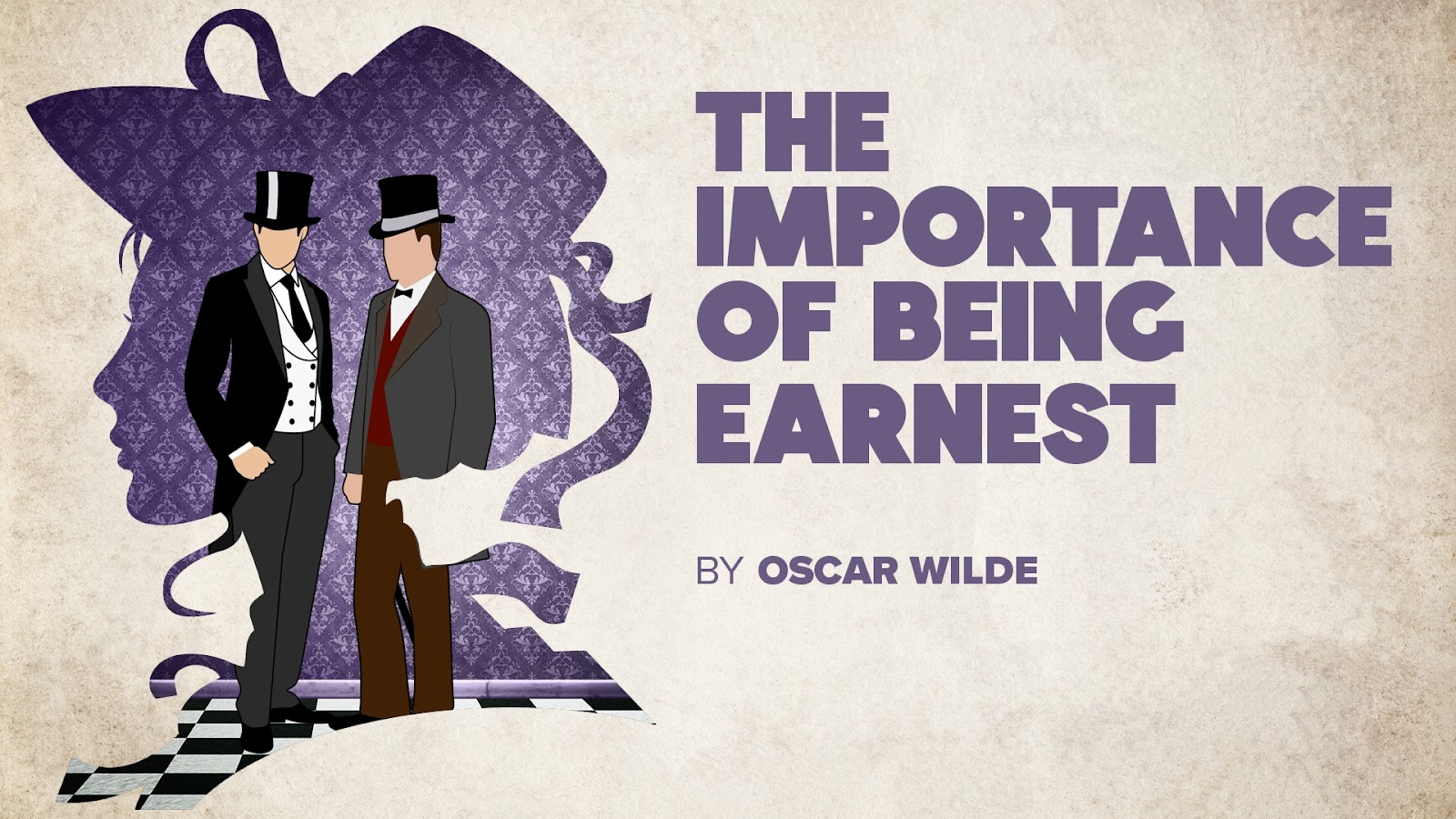Hello friends...
This blog is part of Thinking Activity of "Hard times" by Charles Dickens.
Charles Dickens :
Charles Dickens (1812-1870) was a famous English novelist and social critic. He is best known for his vivid characters, intricate plots, and his ability to depict the social and economic issues of 19th-century England. Some of his most renowned works include "A Tale of Two Cities," "Great Expectations," "Oliver Twist," and "David Copperfield." Dickens' writings often explored themes of poverty, injustice, and the plight of the working class, drawing attention to the social inequalities of his time. His works continue to be widely read and adapted into various forms of media today.
1) Review of the Hindi play based on 'Hard Times'.
“Hard Times” is musical performance of Charles Dickens' novel by khilona theatre. The play is seen as a beautiful parable, accompanied by music and dance songs.The play was presented very well. All the characters of the novel were played their role very well.The idea of the Dickens' novel revealed through this play.The main point of the story was knowledge of facts, And other side the value of emotions.
The central themes of the play include the negative effects of industrialization, the dehumanizing impact of utilitarianism, and the stark contrast between the "fact" and "fancy" in life.The characters in the play, such as Louisa Gradgrind and Stephen Blackpool, grapple with the consequences of this utilitarian philosophy, and their stories highlight the emotional and moral toll it takes on individuals.
Here you can watch full Hindi play.
2) Discuss the theme of 'Utilitarianism' with illustrations from the novel / or / discuss any other theme of your choice.
In Charles Dickens' novel 'Hard Times,' the theme of 'Utilitarianism' is central, but another significant theme is 'Social Class and Inequality.' Let's discuss both themes with illustrations from the novel:
1. Utilitarianism:
Character of Thomas Gradgrind:
Thomas Gradgrind, a central character in the novel, represents the embodiment of utilitarian principles. He is obsessed with facts, figures, and the suppression of imagination and emotions in favor of rationality.
Gradgrind's relentless focus on utilitarian education has profound consequences for his own children, particularly Louisa, who is raised to prioritize reason over emotion.
Utilitarian Education:
The educational system in Coketown, influenced by Gradgrind's philosophy, is rigidly utilitarian. Children are treated as empty vessels to be filled with facts, and creativity is discouraged.
Dickens illustrates the negative effects of this system through the characters of Bitzer and Tom Gradgrind, who embody the heartless consequences of a purely utilitarian education.
Coketown and Industrialization:
The town of Coketown itself is a reflection of utilitarian principles. It is a grim, industrialized place where the pursuit of profit and efficiency takes precedence over the well-being of its inhabitants.
The polluted environment and harsh working conditions in Coketown underscore the dehumanizing effects of a society governed by utilitarianism.
2. Social Class and Inequality:
The Working Class:
Dickens portrays the stark contrast between the working-class characters, such as Stephen Blackpool and the weavers, and the wealthy industrialists of Coketown. These characters live in poverty and struggle to make ends meet.
Mr. Bounderby and Wealth Disparity:
Mr. Bounderby, a wealthy factory owner, represents the upper class in the novel. He constantly boasts about his rise from a humble background and uses this false narrative to justify his ruthless pursuit of profit.
The stark wealth disparity between characters like Mr. Bounderby and the working-class characters highlights the social inequality prevalent in the industrial society of the time.
Louisa's Marriage to Bounderby:
Louisa Gradgrind's marriage to Mr. Bounderby is a clear example of how social class and financial considerations often take precedence over personal happiness and emotional fulfillment. Her union with Bounderby is arranged for utilitarian reasons, not love.
In 'Hard Times,' Charles Dickens critiques utilitarianism for its dehumanizing effects and portrays a society where social class and inequality are starkly evident. The novel serves as a powerful commentary on the moral and social consequences of prioritizing rationality and profit over compassion and human connection. Both themes, utilitarianism and social class, are interwoven in Dickens' narrative, highlighting the broader societal issues of his time.
Click here for more themes...
3)Discuss the views of F.R. Leavis and J.B. Priestley on 'Hard Times'. With whom do you agree? Why?
F.R. Leavis and J.B. Priestley, two influential literary critics, held differing views on Charles Dickens' novel 'Hard Times.'
F.R. Leavis :
Leavis was critical of 'Hard Times' and considered it one of Dickens' weaker works. He believed that the novel lacked depth and moral seriousness.Leavis argued that the characters in the novel were one-dimensional and that Dickens' satire fell short, resulting in characters that felt more like caricatures.He also criticized the novel's structure, finding it disjointed and lacking in coherence.
Click here for more information...
J.B. Priestley:
Priestley had a more positive assessment of 'Hard Times.' He viewed it as a valuable social critique, particularly of the dehumanizing effects of industrialization and the prevailing utilitarian philosophy.
While acknowledging that the characters might be exaggerated, Priestley saw them as symbolic representations of the various social classes and attitudes of Victorian society.
He praised Dickens for his ability to expose the harsh realities of the time and for his effective use of satire to address social issues.
Click here for more information...
I'm agree with Priestley's view on "Hard Time".appreciation of 'Hard Times' as a social critique of its time highlights the novel's significance in addressing important societal issues. Readers who value the novel's role in shedding light on the dehumanizing consequences of industrialization and utilitarianism may find Priestley's perspective more agreeable.
4) Comparative study of 'Hard Times' and Hindi film 'Tamasha'.
Here's a critical description of the comparative study of 'Hard Times' by Charles Dickens and the Hindi film 'Tamasha':
Comparative Study of 'Hard Times' and 'Tamasha' :
"Hard Times" is a novel written by Charles Dickens, published in 1854. It explores the harsh realities of industrialization and the impact of utilitarianism on society. The story is set in the fictional town of Coketown and follows characters like Thomas Gradgrind and Josiah Bounderby as they grapple with the dehumanizing effects of strict rationalism and the pursuit of profit.
"Tamasha" is a Hindi film released in 2015, directed by Imtiaz Ali and starring Ranbir Kapoor and Deepika Padukone. It's a contemporary romantic drama that revolves around the themes of self-discovery and the pursuit of one's true passions in life. The film explores the idea that people often play different roles in society, like masks in a theatrical performance.
While both "Hard Times" and "Tamasha" delve into societal themes, they do so in vastly different ways and contexts. "Hard Times" is a classic novel from the Victorian era, examining the consequences of industrialization and utilitarianism in 19th-century England. "Tamasha," is a modern Bollywood film that explores personal and emotional themes in the context of contemporary Indian society. Both are valuable works of literature and art in their own right, but they address different aspects of human experience and social commentary.
Divergent Settings:
'Hard Times' is firmly rooted in 19th-century England, a time of industrialization and stark class divisions, where Dickens exposes the harsh realities of a utilitarian society.
'Tamasha,' on the other hand, unfolds in modern-day India, navigating the complexities of societal expectations, individuality, and the quest for self-identity.
Themes and Social Critique :
'Hard Times' confronts the dehumanizing effects of industrialization, the pitfalls of a rigid education system, and the consequences of prioritizing utilitarian values over empathy.
'Tamasha' takes a contemporary stance, questioning the suffocating roles society assigns to individuals and advocating for the freedom to live authentically.
Character Transformations:
Dickens crafts characters like Thomas Gradgrind and Sissy Jupe, whose evolving beliefs and actions emphasize the potential for change and growth in a constrained society.
In 'Tamasha,' the protagonist Ved's transformation from conformity to self-realization parallels the character arcs in 'Hard Times,' underlining the transformative power of self-discovery.
Cultural Context:
'Hard Times' reflects the historical context of 19th-century England and the socio-economic challenges of that time.
'Tamasha' explores the challenges of modern Indian society, where traditional norms and societal pressures collide with personal aspirations.
Messages and Reflections:
'Hard Times' underscores the enduring importance of empathy, imagination, and compassion in a world dominated by cold rationality.
'Tamasha' urges viewers to embrace their unique identities and break free from the molds society imposes, suggesting that true fulfillment lies in authenticity.
In conclusion, 'Hard Times' and 'Tamasha' may inhabit distinct worlds, but they share a profound resonance in their exploration of human resilience and the pursuit of authenticity. While Dickens' classic novel critiques a bygone era, 'Tamasha' brings these timeless themes into a modern, relatable context, making them valuable works that continue to provoke thought and reflection on the complexities of the human experience.
I hope you have enjoyed reading this blog.
Thank you!🦋💫







No comments:
Post a Comment